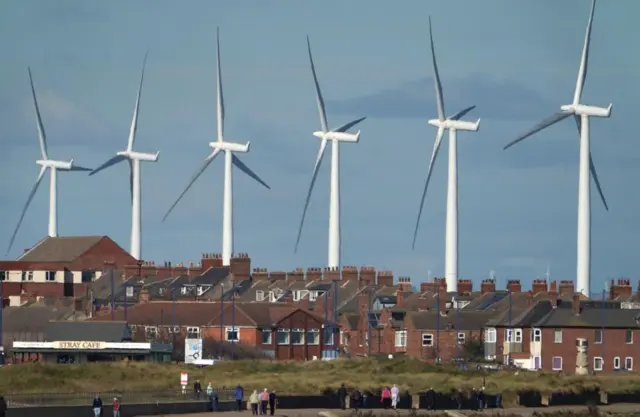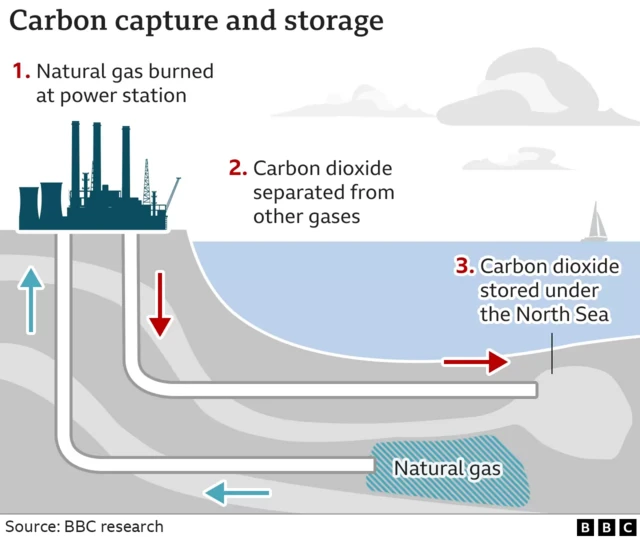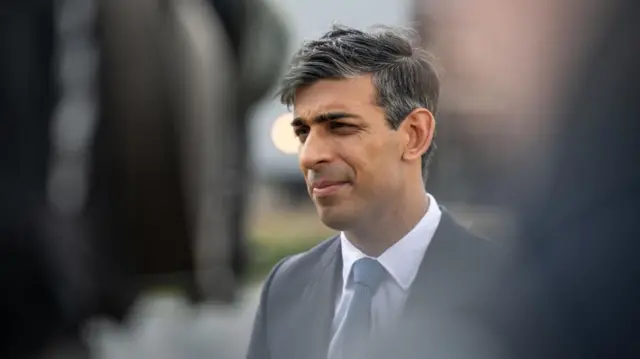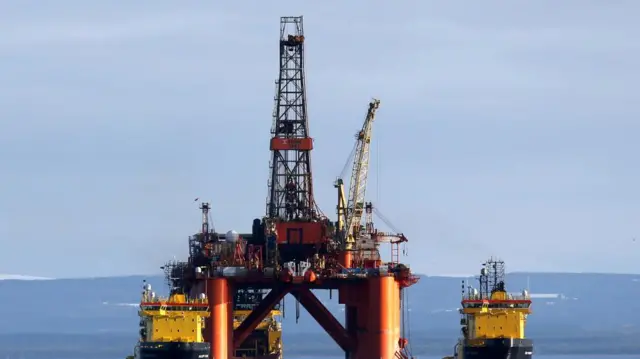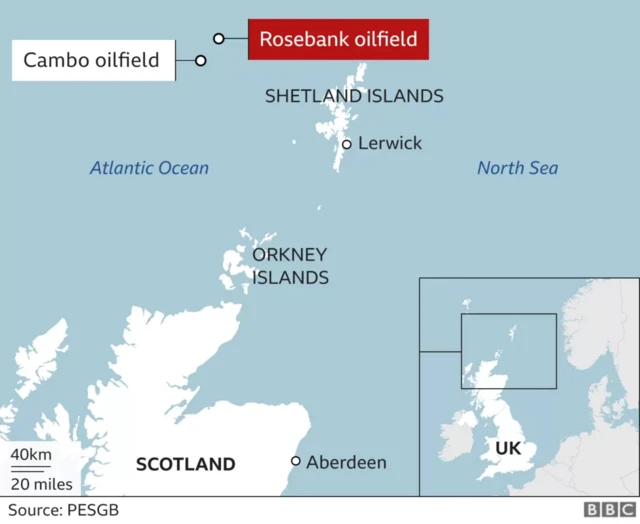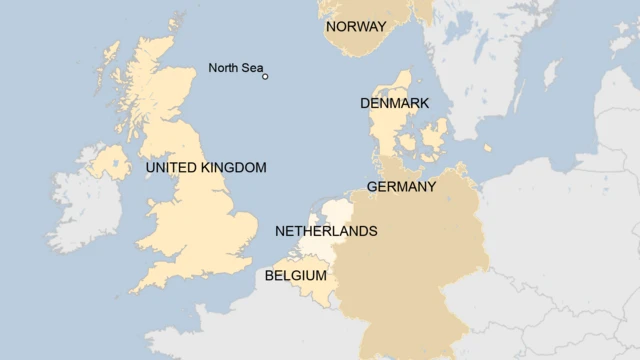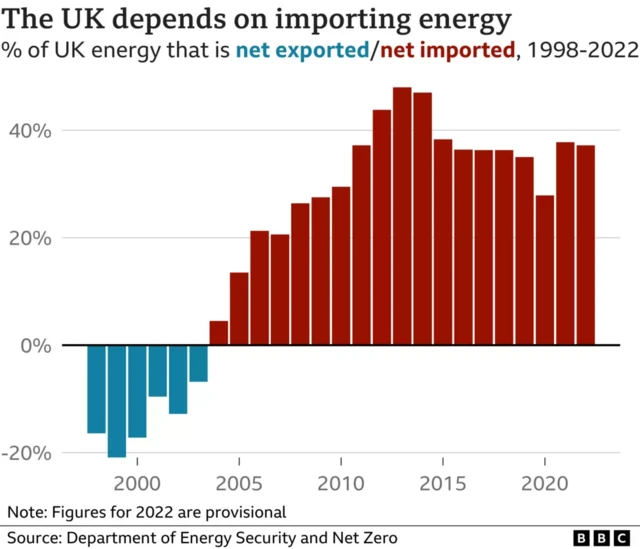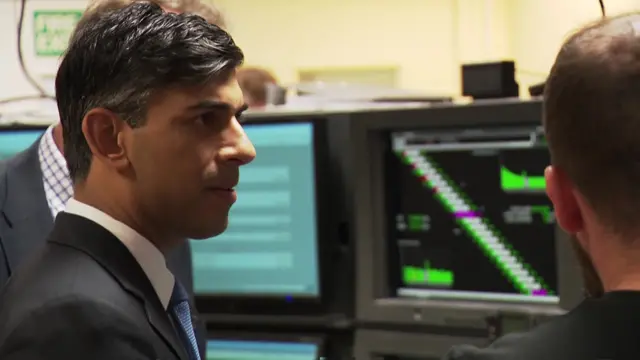What happened today?published at 15:52 BST 31 July 2023
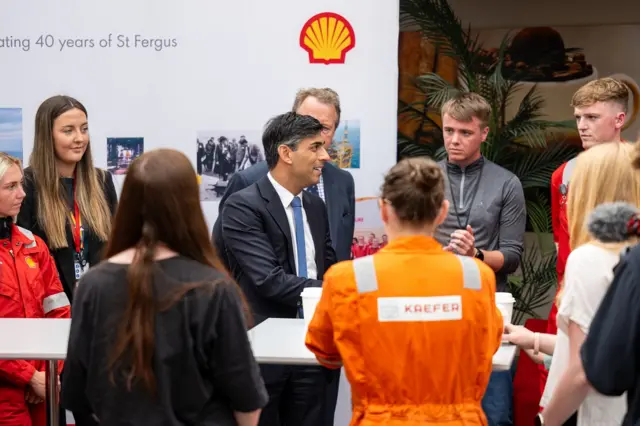 Image source, PA Media
Image source, PA MediaRishi Sunak visited a Shell plant in Aberdeenshire earlier
We're wrapping up our live coverage, so let's recap the day.
Speaking from Aberdeenshire, Prime Minister Rishi Sunak announced that the government would grant 100 new North Sea oil and gas licences.
Sunak defended the new licences, saying they were "entirely consistent" with government climate commitments.
But critics say today's plans show the government is not serious about tackling climate change. Shadow climate change secretary Ed Miliband said Sunak's "weak and confused policy... will do nothing for our energy security, and drive a coach and horses through our climate commitments".
Sunak also announced support for a carbon capture project, which will trap planet-warming CO2 emissions and bury them under the sea in north east Scotland.
We're ending our live coverage but you can:
- Get a summary of they key points in our main story here
- Understand what carbon capture is and how it can help fight climate change here
- Find out more about the oil and gas licences here
Today's live page was written by Andre Rhoden-Paul, Anna Boyd, Emily McGarvey, Gem O'Reilly, Charlene Anne Rodrigues, Jacqueline Howard, Sean Seddon and Malu Cursino. It was edited by James Harness, Victoria Lindrea, Jamie Whitehead and Dulcie Lee.

